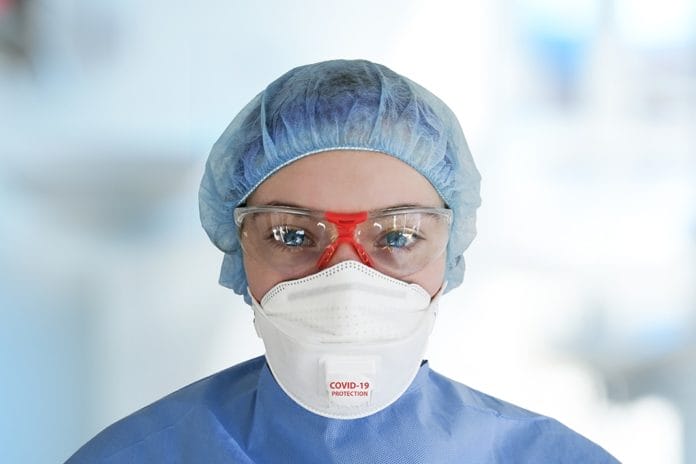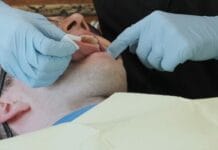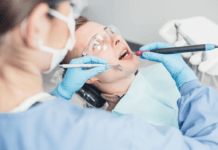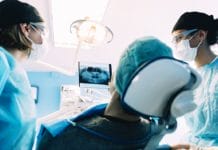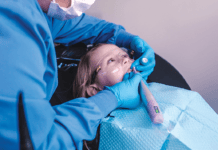Are you uncertain about whether you are feeling respected and appreciated in your current employment situation? Multiple options abound in the dental profession. Perhaps it is time to start interviewing for another permanent position. Perhaps a total change is needed, and you crave flexibility.
With the current pandemic situation, temporary positions are bountiful. Many hygienists have chosen not to go back to work quite yet, and all offices have rescheduled hygiene appointments for weeks or even months to all but emergency appointments. A quick internet search will show multiple temping agencies. Do your research, check reviews, ask other hygienists for recommendations, and call multiple agencies. Two important factors are confirming that proper taxes will be deducted and that your hours are guaranteed.
Scouting Out Agencies
Working with a temporary agency also allows the opportunity to “try on” an office before accepting increased shifts or perhaps growing into a permanent position. The positions are quite varied − frequently just one day, some are multiple dates, and some are long-term coverage. All of those options allow you the flexibility to choose what fits best in your personal life.
Search for a location perimeter that is most comfortable for travel times. If you should choose to increase the distance, you may want to increase your fee for that shift.
Each opportunity will have a set offer of date, hours, and fee offered. Most are simply an expectation or desire, and the hygienist will have the ability to make a counteroffer if only partial hours can be covered or if the compensation is not satisfactory.
Do not be deterred if the posting is not 100% to your liking. Always make an offer, and the office can accept, counter, or decline your offer. Many hygienists report that the hourly salary of a temporary position is higher than their current permanent position.
PPE and Equipment
Most offices have posted or informed the agency of what personal protective equipment they will provide. Ask and confirm exactly what will be provided. For those with personal preferences of PPE, bring those items with you, especially if you require a particularly difficult size. Many requests for smaller N95 masks have been difficult to fill, or for a shield that fits a particular loupe and light combination. So, it is best to travel with your own preferences.
One complication to temping during the pandemic is the need for an initial fit test of an N95 respirator to ensure a proper seal. One option for those wishing to purchase their own N95 respirators is to seek out testing centers. Some areas have testing sites at the local health department where you will be provided one mask and then can purchase the same exact respirator on your own. There are national fit testing services where an appointment can be scheduled for testing.
If you don’t choose to purchase your own N95 respirator, when confirming the assignment, ask if ASTM level 3 masks are available and how many will be available to you. You should confirm that you will have enough to change for each patient treated. With so many face shields available, we know not every office will have the size that fits over your particular loupe and light combination, for example. If you are concerned that the shield may not be a proper fit for you, you may want to ask to see a photo or request the brand name to know if that shield will work for you. Some offices are providing the simple foam and elastic band style with the attached shield to be the most generic of fit.
Respirators are also an option that can travel easily to a job shift. This style of mask is quick to sanitize, and only the filters need to be replaced, usually on a monthly basis or after 30 days of use. It should be noted to read the instructions for use regarding replacement and length of use.
Should you find that appropriate PPE is not being offered at this particular assignment, do not accept the position and move on. With multiple offices seeking temporary hygienists, be choosy. Take only the shift that you are comfortable with.
Prior to accepting, it is quite acceptable to question appointment length, instruments provided, radiograph frequency, and overall expectations. This is a perfect time to make any particular requests you may have.
Having a moment to speak directly with the current hygienist in the position can be helpful if specific questions need answering. Magnetostrictive verses piezo, manual polish versus air polishing are a few common questions. Will you be comfortable providing scaling and root planning? Let the office know your requirements in advance.
Do you have a favorite instrument? Consider purchasing several and sterilizing individually to have for your personal use, and then sterilize before leaving. In my own personal “go” bag for temporary positions, I carry three full sets of instruments and a sharpening stone. All hygienists are hoping for excellent equipment and sharp instruments upon arrival, but it is nice to be prepared for that “just-in-case” office. Using dull instruments or outdated skinny handles can be hard on the hands and make a day much less enjoyable.
Contact Information
Add copies of your current hygiene license and business cards with your contact information. The department of professional regulation makes it as simple as a few clicks to print your license. Consider laminating so it can be copied as needed and wiped down for future use.
Many online sites make inexpensive business cards for easy transferring of contact information. Hygienists often use full name, degree, phone, email, town, and state, but will omit street addresses on business cards for privacy and safety reasons.
If a resume is required, it will be expected prior to the shift. Organize your resume in advance for ease and last-minute opportunities.
Other items to take along to a temping assignment include a water bottle, snacks as desired, and a change of clothes/shoes for the end of shift.
The multiple benefits of temping make this opportunity very attractive. Choosing salary desired, hours preferred, location willing to travel, and days available make temporary work beneficial for both the dental office and hygienist.
Make notes of your experience after the shift to remind yourself of the office flow, expectations, equipment, and staff. Also, let the agency know about your experience. Honest feedback allows the next hygienist to be better prepared when choosing if this shift is a good fit.

